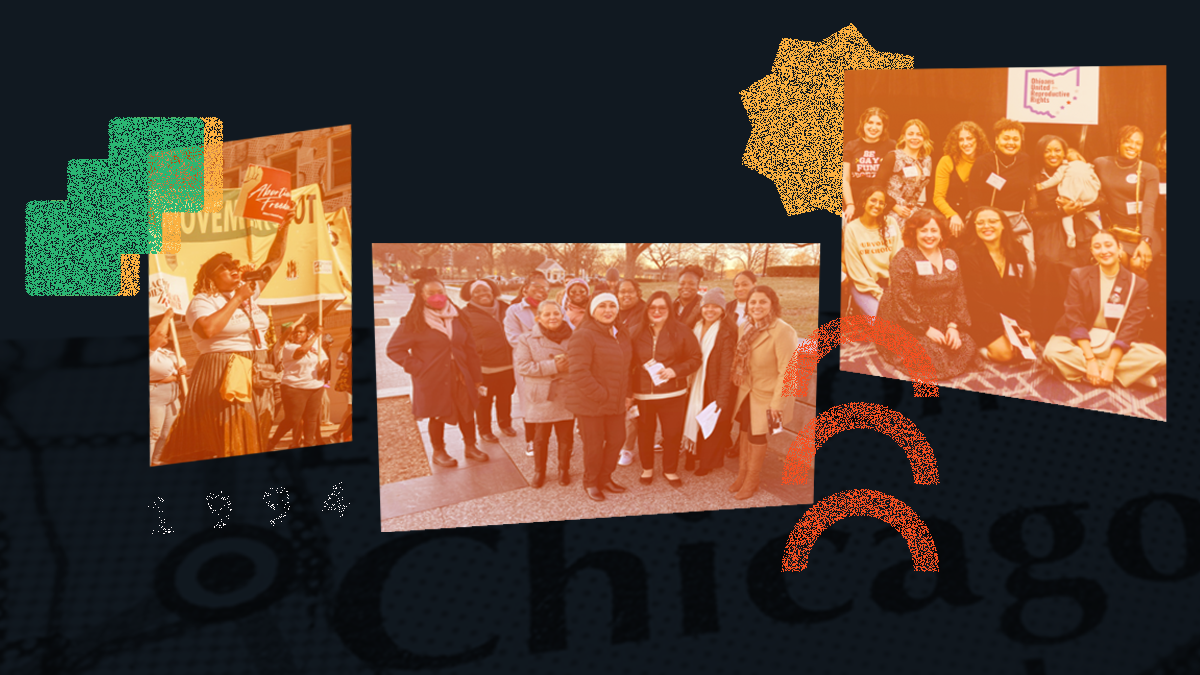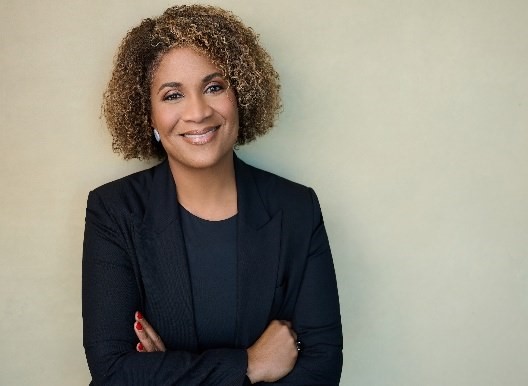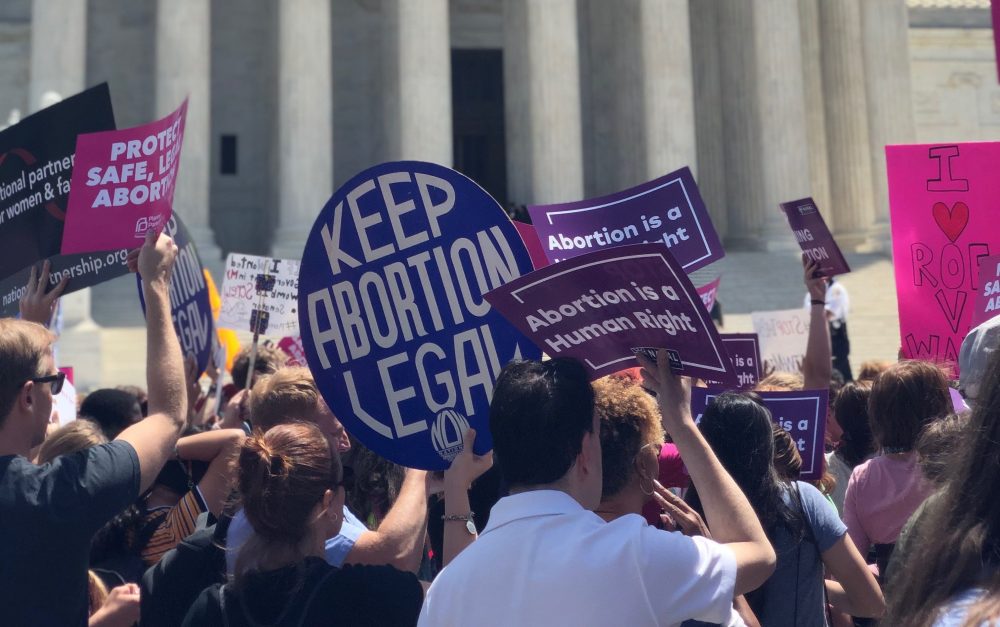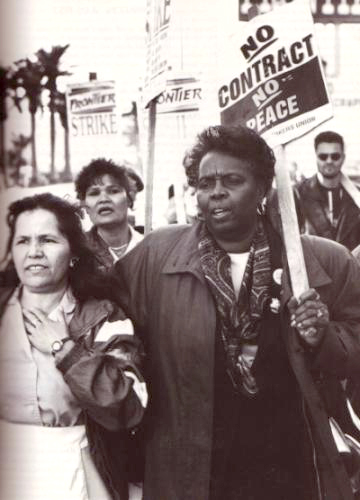Abortion rights, women of color, and LGBTQIA+ people are under attack. Pledge to join us in fighting for gender justice.
Reflections on Black History Month from Fatima Goss Graves

In 2024, Black History Month arrives in the midst of a far-right assault against any form of equity or justice. An unflinching effort to calcify white and male hierarchy. A crisis moment where our bodies, our lives, and our futures are no longer ours to control.
It would be easy to end this Black History Month with only the list of harm in front of us. But because I know that it is Black women working to breach the harm racing into our communities, this blog is a love letter of sorts—a thank you to Black women for everything you (we!) do for this country and for our communities.
When the building is on fire, Black women are so often the ones gathering, working, and leading. Black women are on the frontlines everywhere from community safety and wellbeing to the halls of Congress.
I am lifting up the Ohio Women’s Alliance. Last November, abortion rights won on the ballot in Ohio—a state that for decades has been an anti-abortion stronghold. The Ohio Women’s Alliance (OWA), one of the only Black-led organizations in the fight, made it a point to include abortion storytellers of color who had been personally impacted by abortion restrictions in their ballot campaign. “When you give Black and brown people something real and tangible to vote for,” OWA’s deputy director explained, “we will turn out.” And they did.
When you look at the exit polls, it was Black women who ultimately secured this abortion rights ballot victory—60% of female voters and 83% of Black voters voted yes.
I am lifting up the founders of the reproductive justice movement. Thirty years ago, the framework of reproductive justice was born following a gathering of Black women leaders in Chicago. In 1994, the 12 Black women who gathered were clear that the work and conversations being put forward were not meeting the needs of Black women. They developed instead a framework grounded in human rights and social justice tenants, centering those whose experiences were on the margins of the “pro-choice” conversations at the time. They set a charge that was visionary and exciting. I have such deep gratitude for the dreamers present in 1994 and the activists and leaders who are building the reproductive justice movement today.
I am lifting up the Black women storytellers from our Sparking Change initiative. The incredible mothers and caregivers who are willing to bear their souls to our country’s decision-makers so that policies and initiatives are grounded in lived experience and needs. Women like Raynique Syas, who stood in the halls of Congress and told our lawmakers why child care matters—while cradling her baby in her arms.
These stories and so many more give me hope this Black History Month, and that’s where my focus lies. I am clear eyed about what we are facing, but it is these stories—stories of power, of joy, and of community that are holding me during these times.





